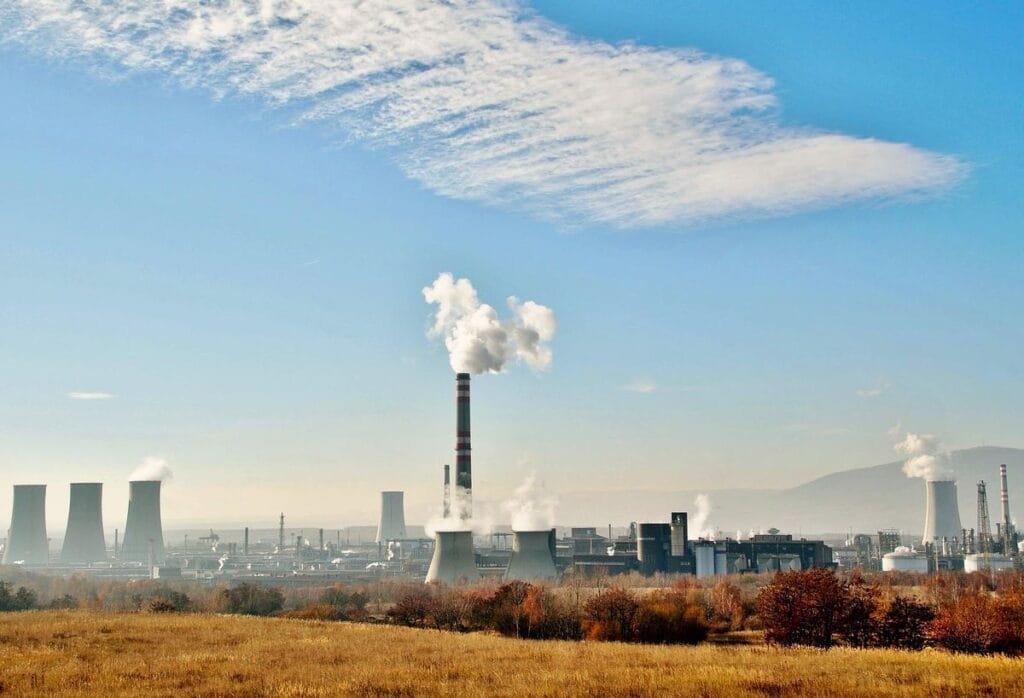Member States must not use international offsets to meet their domestic 2040 Climate Target, says the newest report from the European Scientific Advisory Board on Climate Change (ESABCC).

WWF welcomes this research and urges European policy-makers to follow the science. The report further underscores that a 90-95% reduction in greenhouse gas emissions is perfectly feasible, while noting that this would not be enough for the EU to do its fair share of global mitigation efforts.
In this advice, the Board argues strongly that using international credits as a substitute for domestic emissions reductions could undermine domestic economic development by diverting resources away from the essential transformation of the EU economy, including investment in infrastructure, skills, and innovation.
Crucially from a climate perspective, the report highlights that: ‘just 16% of credits issued under various carbon crediting programmes to date have delivered genuine emission reductions’, and concludes that: ‘international credits might appear cost-effective from a global perspective, but they entail significant risks to carbon markets and environmental integrity.’
The ESABCC even argues that the EU relying on international offsets to meet its 2040 target may create perverse incentives for other countries to maintain or increase their own emissions, and hence to adopt less ambitious Nationally Determined Contributions (NDCs), in the expectation of being able to sell emissions cuts to the EU in the future.
“According to the ESABCC the evidence is clear: most international offsets aren’t worth the paper they’re written on and have done nothing to cut emissions. They’re also a waste of taxpayers’ money. Why should we pay other countries when we could be investing it in making our own industries more competitive? It’s like sending someone else to school and expecting to receive the degree and results yourself,” said Michael Sicaud-Clyet, Climate Governance Policy Officer at WWF EU.
WWF also welcomes the ESABCC conclusion that even a 95% reduction target for 2040 is in fact still not in line with the EU’s fair share of global mitigation efforts, a finding that echoes WWF’s latest report. When it comes to fair shares, total cumulative emissions matter. Therefore, the Advisory Board also confirmed that speed is crucial for the European NDC for 2035, and the EU should be at least halfway between its 2030 and 2040 climate targets.
“Some Member States and MEPs have been pushing for postponing climate action to after 2035, but delaying climate action to the end of the next decade would not only put at risk the achievement of long-term climate targets, but it would also be much harder and more costly. It would be like a student spending the year partying, convinced that a last-minute cram session will somehow make up for months of missed lectures,” Sicaud-Clyet added.